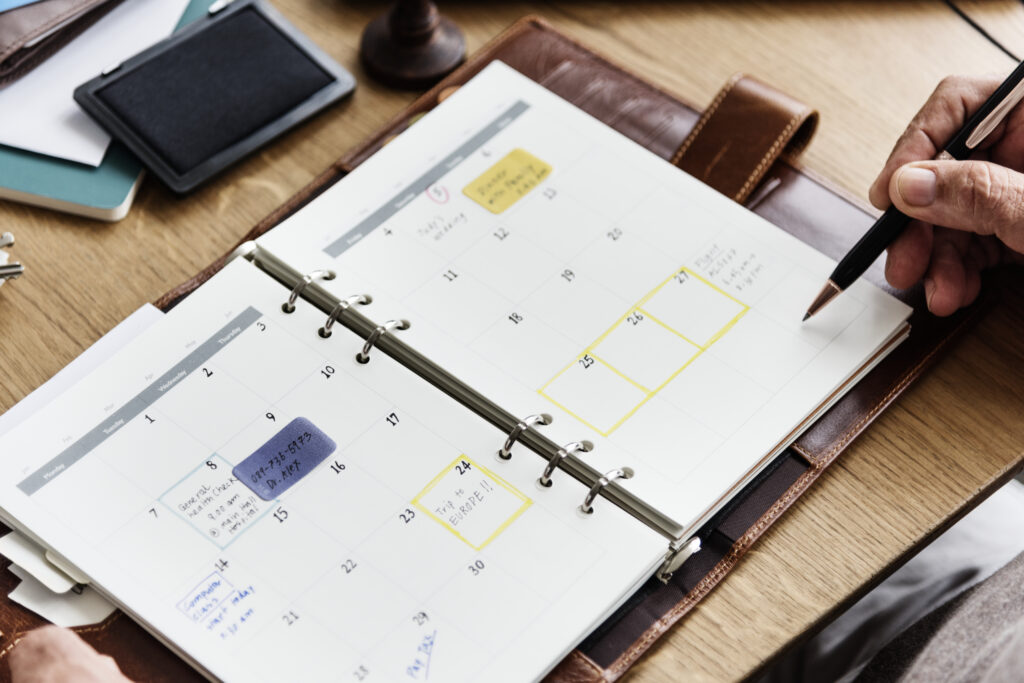
Planning and hosting an event, whether a birthday celebration, a wedding, or a social gathering, involves meticulous preparation and timing. Creating a suitably detailed event timeline is critical to ensuring everything runs smoothly, and your guests have a memorable experience from start to finish.
UNDERSTANDING THE BASICS OF EVENT TIMELINE
- Early Planning for smooth execution:
- Define Your Event Objectives: Begin by clarifying the purpose and goals of your event. Are you celebrating, fundraising, or marking a special occasion? Knowing your objectives or purpose will guide all subsequent planning decisions.
- Budget Planning: Determine your budget and allocate funds wisely across critical expenses such as venue rental, catering, decorations, entertainment, and any necessary permits or insurance.
- Choose the Right Venue: Select a venue that suits your event size, theme, and logistical needs by having an effective venue visit. Book the venue well in advance to secure your preferred date and ensure availability.
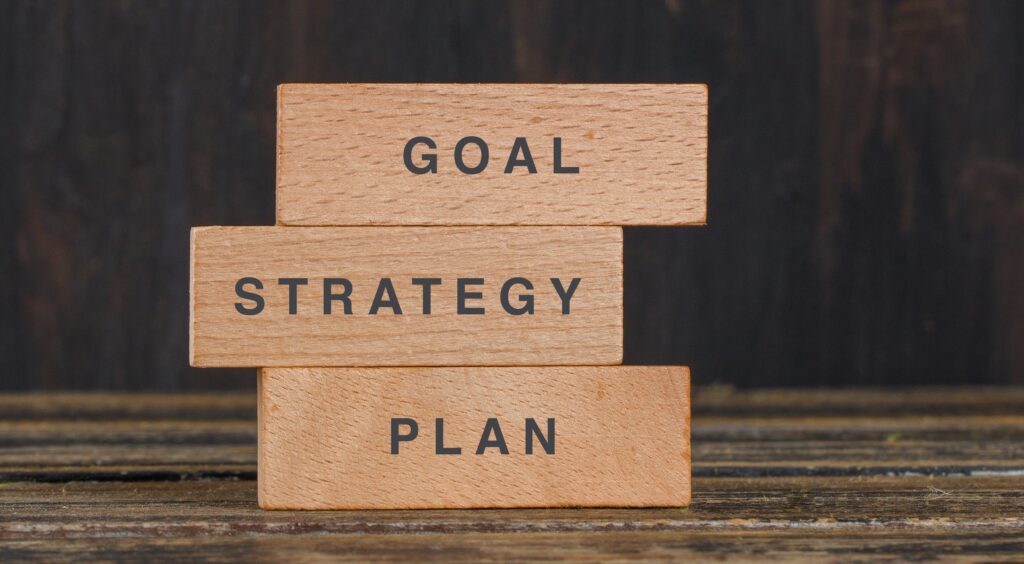


- Breaking Down the Timeline:
- Months Before the Event:
- Research and Book Vendors: Research and contact vendors such as caterers, decorators, photographers, and entertainment providers. Get multiple quotes, compare services, and book those that fit your budget and vision.
- Create a Precise Schedule: Develop a detailed timeline outlining significant milestones and deadlines. Include tasks such as sending invitations, confirming RSVPs, finalizing menus, and arranging transportation.
- Plan Event Logistics: Conduct site visits to assess layout options, parking availability, and technical requirements (e.g., sound systems lighting). Coordinate with vendors to ensure they understand your event’s needs.
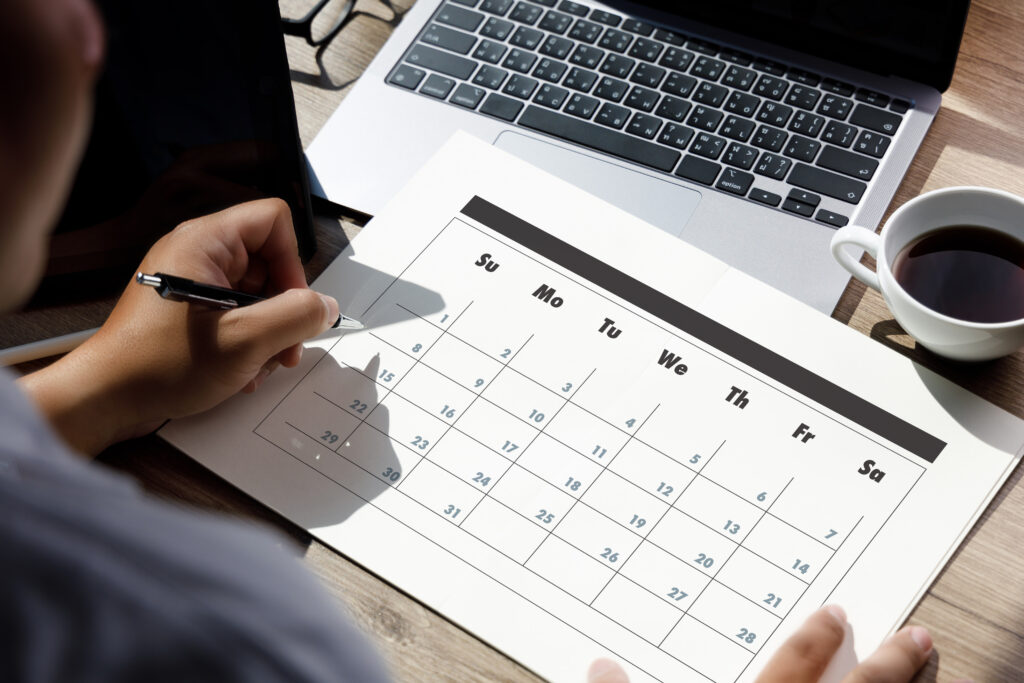

- Weeks Before the Event:
- Finalize Guest List and Invitations: Finalize your guest list and send out invitations, including RSVP instructions. Track responses and dietary preferences to accommodate guests’ needs.
- Coordinate Event Day Details: Create a day-of schedule outlining the timeline for setup, arrival of vendors, guest arrival, activities, speeches, and other key moments.
- Prepare Event Materials: Print signage, programs, seating charts, and other materials needed for the event day. Ensure everything is labeled and organized for easy setup.


- Event Day Execution:
- Morning and Setup:
- Arrive early to oversee setup and ensure all decorations, seating arrangements, and technical equipment function correctly.
- Conduct a final walkthrough with your team and vendors to confirm setup details and address any last-minute adjustments.
- During the Event:
- Welcome guests and manage event flow. Be prepared to handle any unexpected issues calmly and efficiently.
- Monitor the schedule and ensure activities and transitions occur smoothly according to the timeline.
- Evening and Wrap-Up:
- Facilitate smooth transitions from activities to meals and speeches. Coordinate with vendors for timely service and cleanup.
- Collect feedback from guests and vendors to gauge satisfaction and gather insights for future events.
- Morning and Setup:
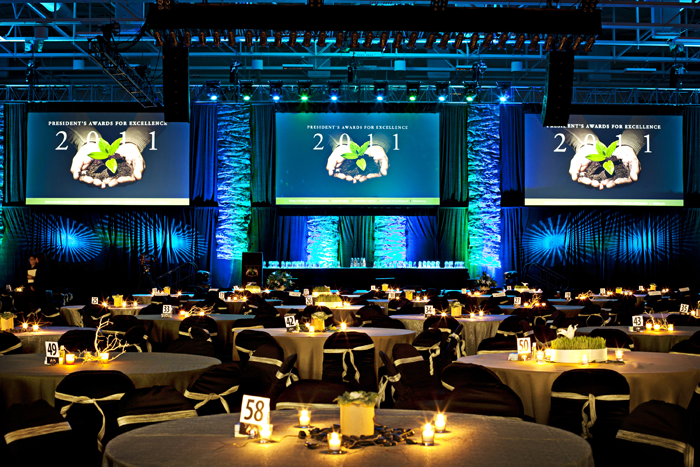

- Post-Event Follow-Up:
- Instantly After:
- Send thank-you notes or emails to guests, sponsors, and vendors. Express appreciation for their contributions to the event’s success.
- Review financial records and moderate expenses. Document any outstanding invoices or payments.
- Weeks After:
- Reflect on the event’s outcomes and achievements. Review attendee feedback and notes on what worked well and areas for improvement.
- Archive event documentation, including contracts, vendor contacts, and attendee lists for future reference.
- Instantly After:

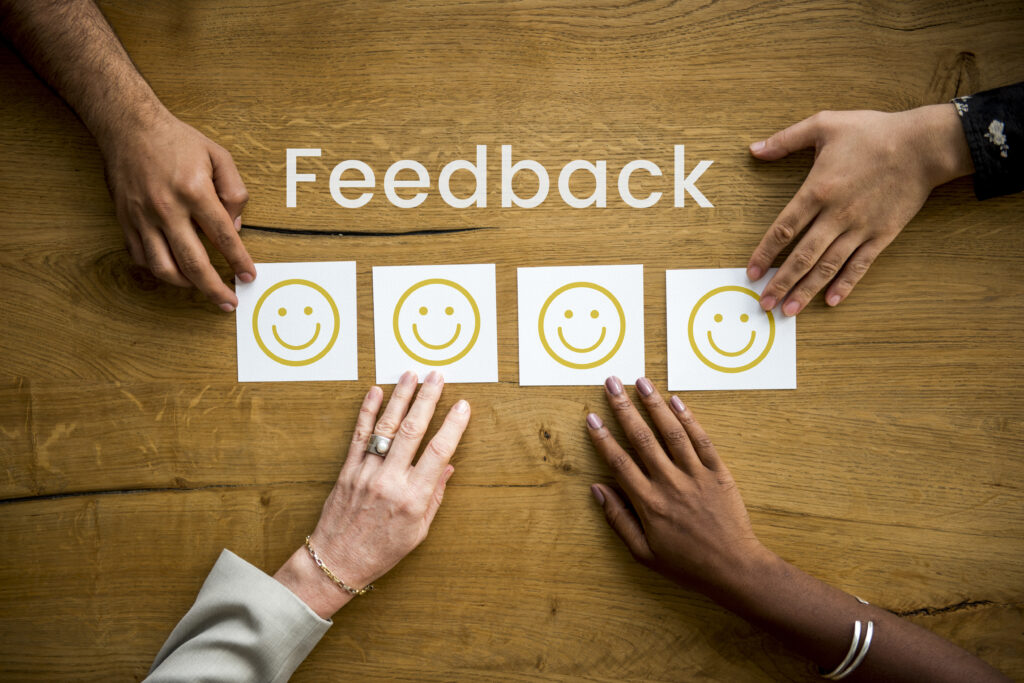
FINAL SUCCESS TIPS
- Plan for Contingencies: Build flexibility into your timeline to accommodate unexpected delays or changes.
- Communication is Key: Maintain clear and open communication with your team, vendors, and venue staff throughout the planning process and on the event day.
Learn and Adapt: Each event provides valuable experience. Use feedback and insights to refine your planning approach for future events.


Crafting a detailed event timeline is a roadmap to success, ensuring that every detail of your event is thoughtfully planned and executed. By following these broad steps and adapting them to fit your event’s unique needs, you’ll confidently create unforgettable experiences for your guests and achieve your event objectives.
